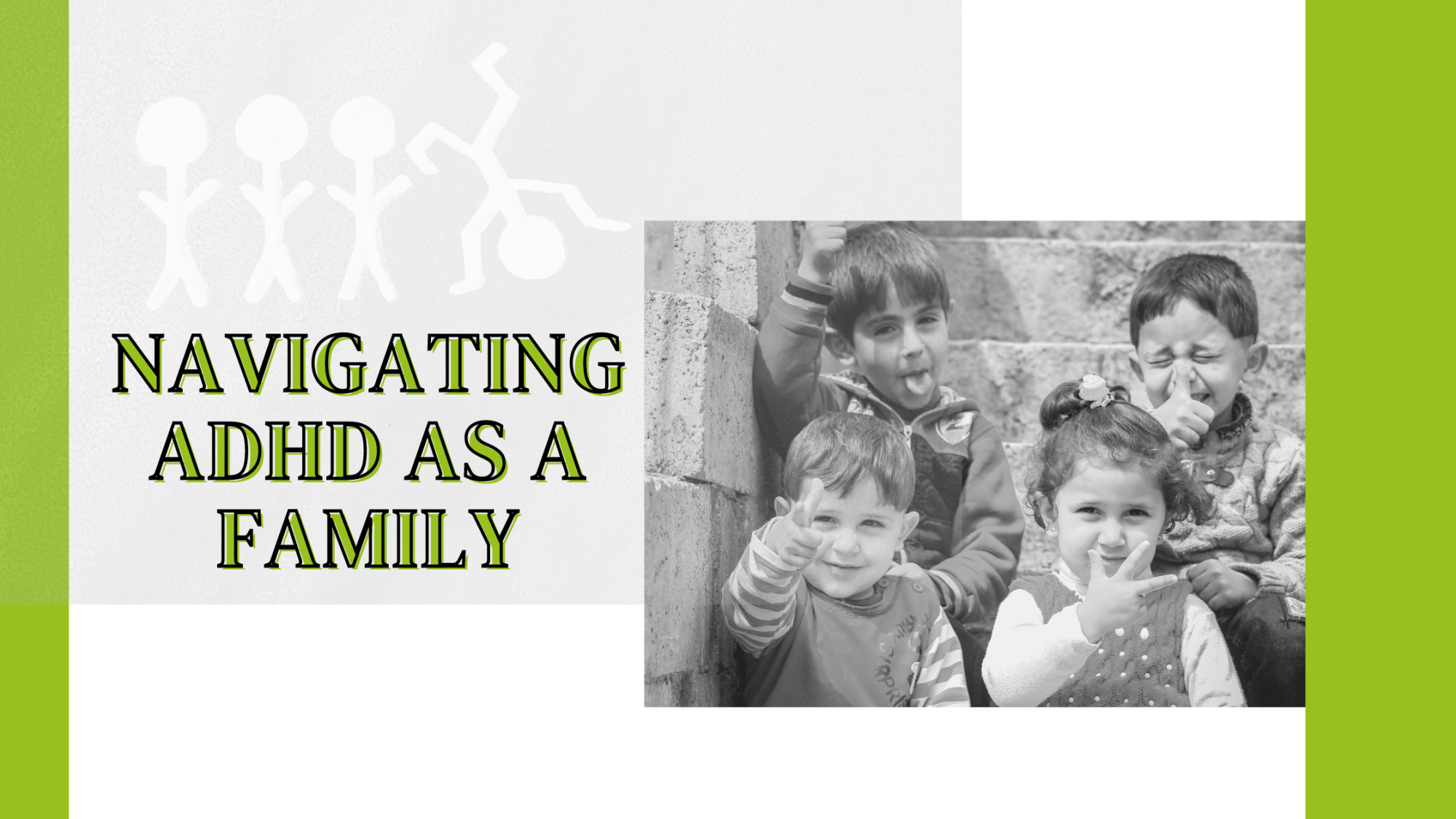One of the challenging things about being a parent is that your child doesn’t come with a manual. This is as true for a parent whose job title is “pediatric therapist” as anyone else. While mulling over what I felt most informed to talk about, I realized that several of the topics I considered came from times when I haven’t parented well.
Making mistakes and sorting them out is a healthy and everyday part of parenting.
So, let’s talk about one of the times I got things wrong and what we did as a family to sort it out. A few years ago, one of my kids was diagnosed with ADHD. We did not expect it, so we didn’t feel particularly prepared. Despite this, I launched into research and planning. Setting up some new ways of running our family and tweaking some old ways to run smoother. We supported my child following all the latest guidance. Great, family all sorted.
Except it wasn’t. In my haste to support one child, I had lost sight of the fact that all of my children needed support. I didn’t notice at first, as I was so focused on trying to meet all of the additional needs that had come crashing into our family. But in the end, I did. My kids let me know through their behavior (unexpected angry outbursts) and their conversations (“It doesn’t seem like there is any air left for me”) that they were really unhappy.
More research showed that my kids are far from alone, finding it challenging at times to have a sibling with ADHD. These are some strategies that are recommended and that we still use. They haven’t produced total harmony; having realistic aims is important. But, they have helped to bring balance.
4 strategies to support siblings of a child with ADHD:
1. Scheduling regular, one-on-one time with parents for all siblings. Doesn’t need to be fancy, just individual time – grocery shopping or a trip to the park.
2. Letting your kids know it is okay to say it can be hard to live with a sibling with ADHD. Find a safe and private place where they can vent if they need to.
3. Help your kids work out their strategies for coping with problematic ADHD behaviors. This way, they have a toolbox and feel more able to cope.
4. Let all of your kids be kids. Make sure no child feels that they have to be a “good child.”

